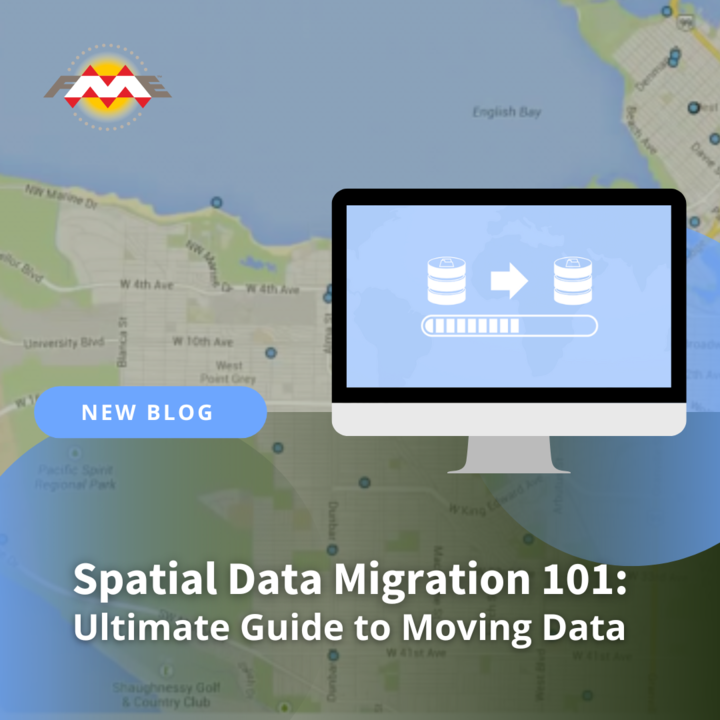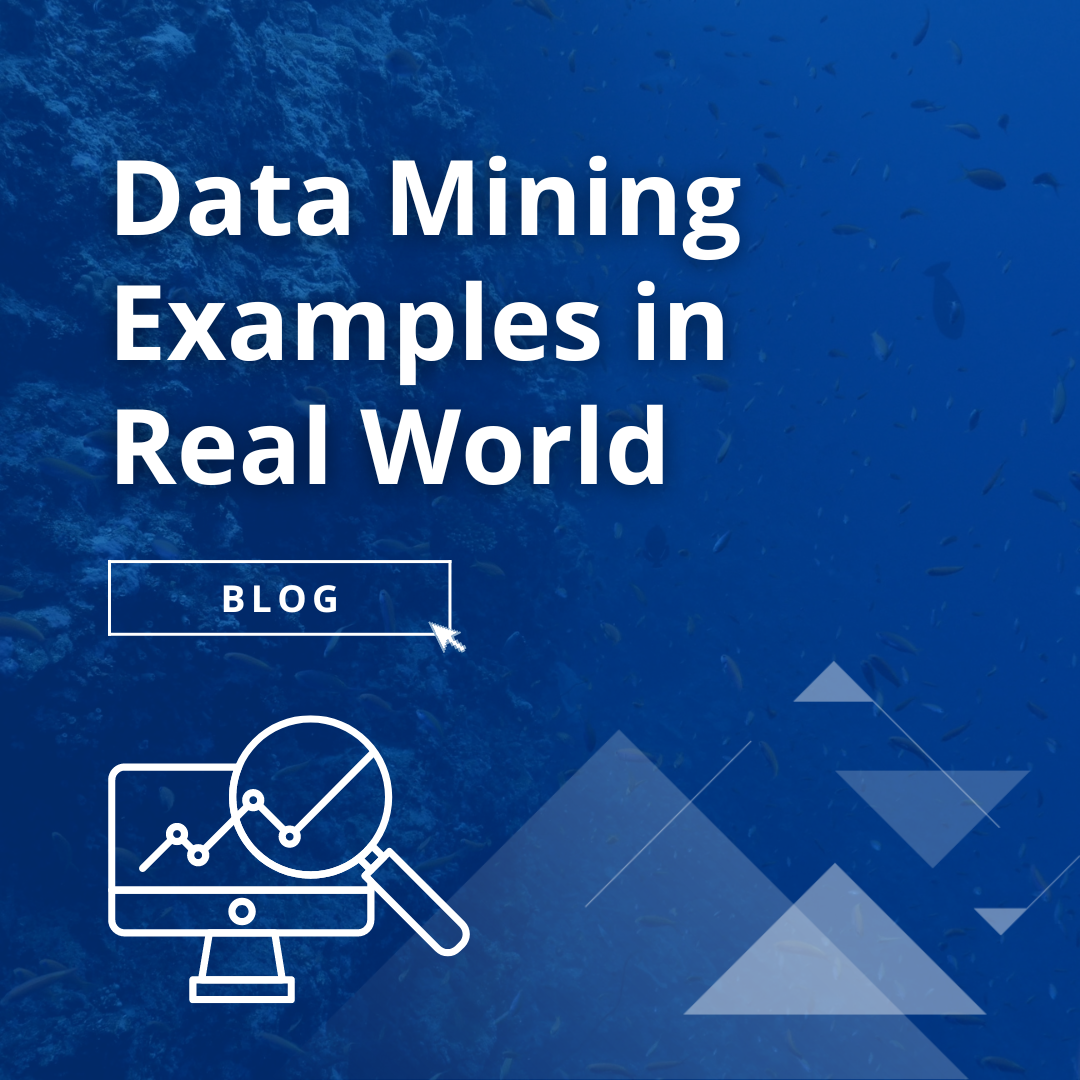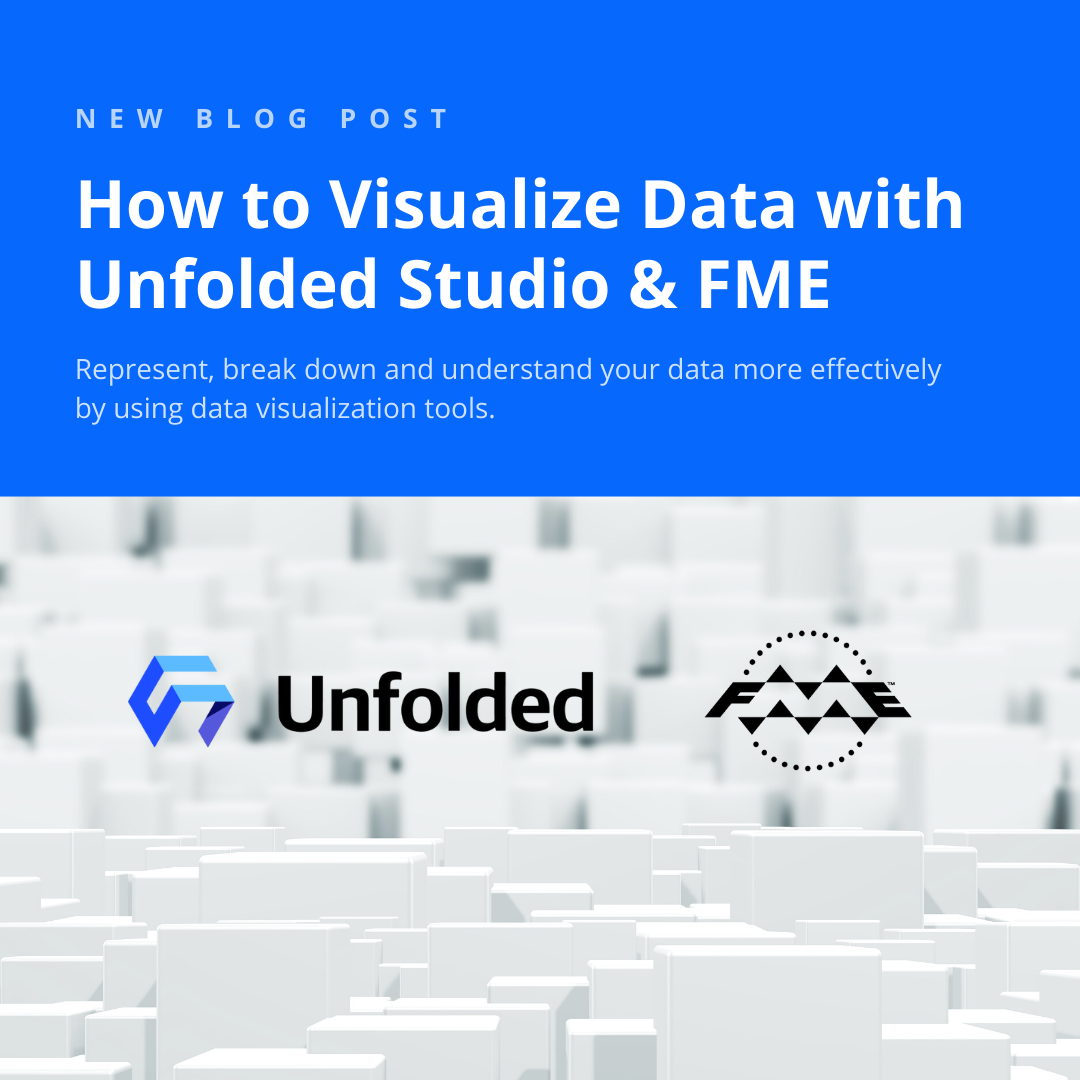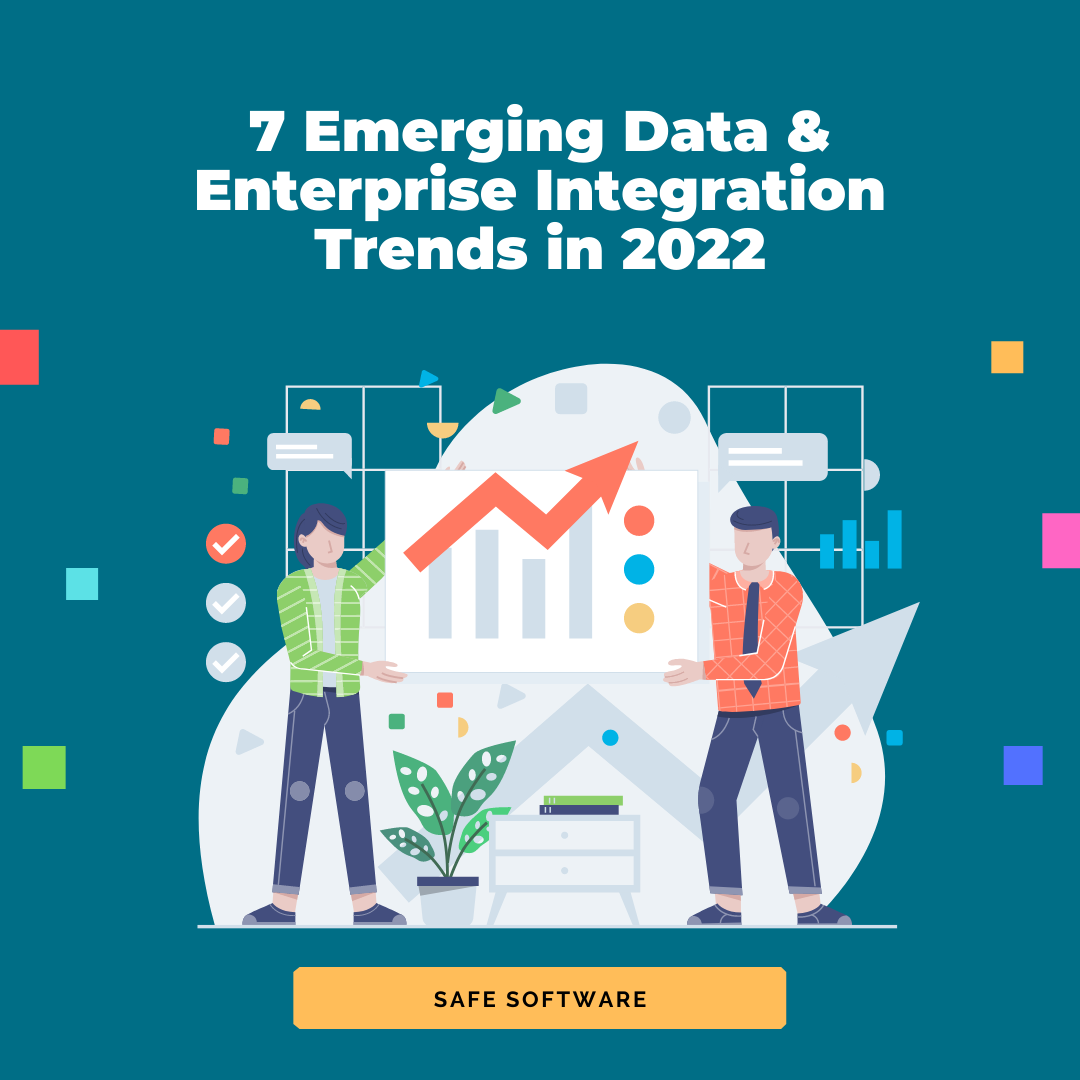Last week I again had the privilege of catching a glimpse of the Autodesk’s vision of the future at Autodesk University in Las Vegas. As usual, it was a mind stretching experience. From the Escape Dynamic’s futuristic and novel approach to space exploration to the promise of the Tesla Model S (quoth my friend Don: “Look at that Model S-Car-Go”), to a spectacular 20 minute sneak peek at Tron: Legacy, to thinking about the implications of Infinite Computing (Autodesk’s practical vision of what the “cloud” means); ![]() I definitely had plenty to think about on the flight home. Back on the ground, however, I had time to reflect on three practical trends in the geospatial universe that I saw at the conference.
I definitely had plenty to think about on the flight home. Back on the ground, however, I had time to reflect on three practical trends in the geospatial universe that I saw at the conference.
1. CAD Data to the Spatial Database is Gaining Momentum
For one, Autodesk customers continue to move into spatial databases in droves. There were several sessions on this topic, all very well attended, and I spoke with many attendees that were in the process of moving their geospatial data from GIS-in-CAD-files to Oracle Spatial or SQL Server Spatial. While this trend has been going on for a while, it definitely is picking up speed, and that is probably a good thing for data managers everywhere.
2. A Leap Forward in Usability of 3D Data
The trendy novelty of 3D models and displays is giving way to a practical expectation that they are just there ready to be worked with. Vancouver’s own 3D pioneer Dan Campbell gave an excellent session showing how 3D models are becoming easier and easier to create and work with using Autodesk LandXplorer (and a bit of duct tape – Dan lives on the cutting edge and is, as one Autodesk Staffer put it, a veritable “one man 3D-data Cirque-du-Soleil contortionist”). But seriously, tools really are catching up with Dan, and the 3D worlds he has been creating for the past several years are quickly becoming well within the grasp of many municipalities. 2010 has seen the introduction of GeoMedia 3D, ArcGIS 10.0 with its wide ranging 3D capabilities, and continued evolution of Autodesk LandXplorer, so it is not unreasonable to suggest that the cumulative 3D capabilities of our industry have taken a giant leap forward in the past year.
3. Point Clouds Going Mainstream
Another undeniable trend is the increasing availability of point cloud data and the move to harness it in applications. The AU show floor was littered with Point Cloud hardware vendors, all able to collect more and more highly accurate data at a fraction of the cost of a few years ago. Autodesk’s own products are incorporating more and more Point Cloud handling features, including the ability to create 3D models from photos (point cloud creation is used behind the scenes to pull this off), and to extract shapes from Point Clouds – a long time holy grail of point cloud software. The combination of point cloud hardware and software has the potential to radically alter the way we model the world we live in, and opens up a huge range of applications that previously were just not possible.
Which brings me back to our own work at Safe. We’ve been trying very hard to stay on top of each of these 3 trends: supporting spatial databases for a long time, having been working on 3D data integration and transformation for several years, and most recently having added support for point cloud transformation and translation into FME. 2011 should definitely be an exciting year…

Rumour on the tradeshow floor was that the first Tesla Model S buyer would receive a free Tron suit.

Dale Lutz
Dale is the co-founder and VP of Development at Safe Software. After starting his career working spatial data (ranging from icebergs to forest stands) for many years, he and other co-founder, Don Murray, realized the need for a data integration platform like FME. His favourite TV show is Star Trek, which inspired the names for most of the meeting rooms and common areas in the Safe Software office. Dale is always looking to learn more about the data industry and FME users. Find him on Twitter to learn more about what his recent discoveries are!



